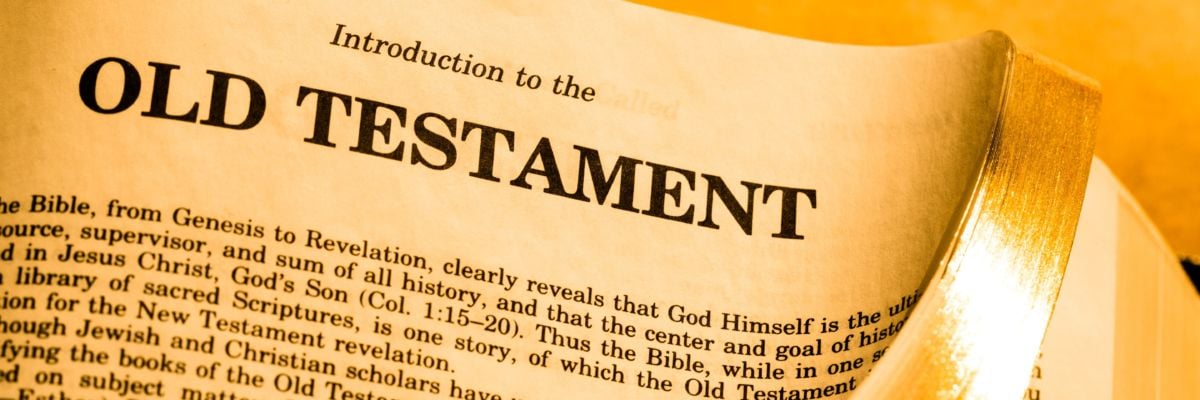
DAY 322
CHALLENGE
“Jesus was a Jew. If Christians are really his followers, why don’t they keep Old Testament laws like circumcision, eating kosher food, and so on? Jesus said he didn’t come to destroy the Law and not a jot or tittle would pass away from it (Matt. 5:17–18).”
DEFENSE
Such prescriptions were only binding on Jewish people before Jesus fulfilled the Law.
Everyone must obey the natural, moral law God has placed in the human heart (Rom. 2:14–16; see Day 291). The Law of Moses includes many aspects of this law (CCC 1961), but it also adds provisions of a non-moral nature.
The reason these added laws aren’t binding on non-Jewish people is that the Law of Moses was a covenant God made with Israel. It was not made with other peoples, so it wasn’t binding on them (St. Thomas Aquinas, ST I–II:98:5).
Theologians often divide the requirements of the Mosaic Law into three groups: moral precepts, judicial or civil precepts, and ceremonial precepts. The first deal with basic moral requirements (e.g., don’t kill, don’t steal), the second with the civic life of Israel (e.g., establishing cities of refuge where a person who had accidentally killed someone could flee for protection; cf. Num. 35:9–15), and the third with ritual requirements of being a Jew (e.g., circumcision, food laws).
The moral precepts are binding on all human beings, not because they are contained in the Law of Moses but because they are part of human nature. The judicial and ceremonial precepts were binding only on the Jewish people.
It was established in the first century that one doesn’t need to be circumcised and become a Jew to be a Christian (Acts 10–11, 15), so non-Jewish Christians have never been obliged to keep the judicial and ceremonial precepts.
Further, those precepts are no longer binding on Jewish people today. Jesus said he came not to abolish the Law and the prophets “but to fulfill them,” and that nothing would pass away from the Law “until all is accomplished” (Matt. 5:17–18). Jesus then fulfilled the Law by his perfect life, allowing it to pass away (CCC 578). Thus “Christ is the end of the Law” (Rom. 10:4; cf. Gal. 3:23–25, Eph. 2:15, Col. 2:16–17), and the non-moral precepts aren’t objectively binding even on Jewish people today.



